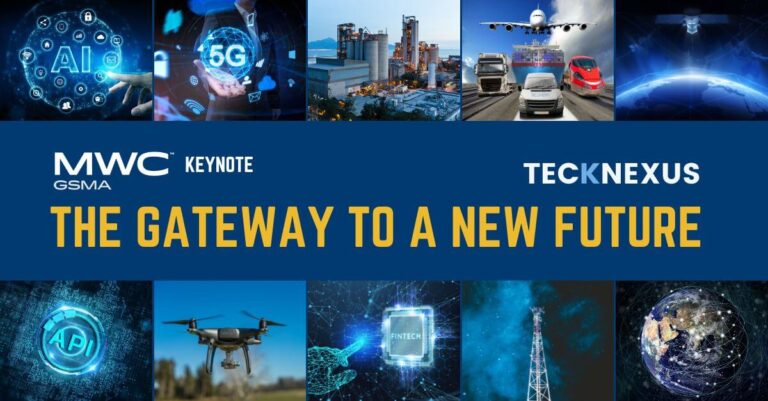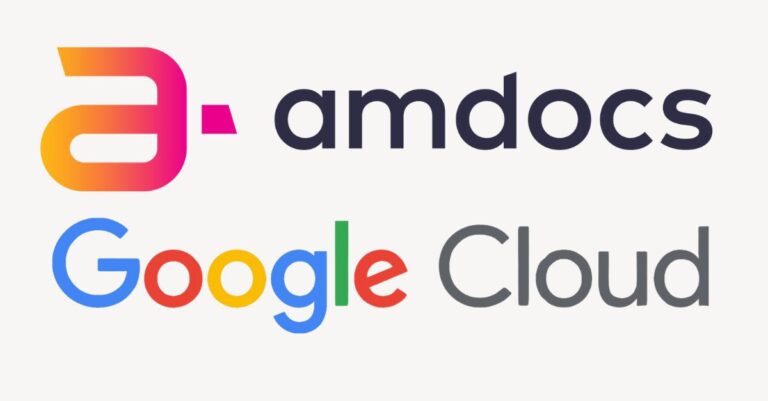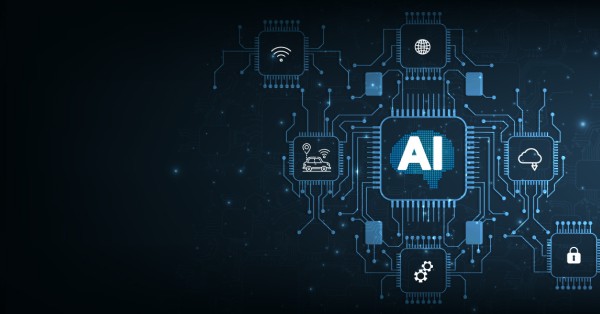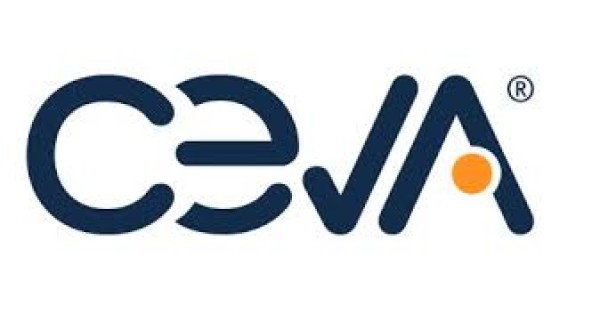Nvidia Completes Acquisition of AI Infrastructure Startup Run:ai
Nvidia has finalized its acquisition of Run:ai, an Israeli startup specializing in managing and optimizing AI hardware infrastructure. This acquisition signals Nvidia’s growing focus on enhancing AI capabilities and expanding its influence across the broader AI ecosystem.
Run:ai Makes Software Open Source to Broaden AI Adoption
As part of the merger, Run:ai announced plans to open-source its software, which has so far been exclusively compatible with Nvidia products. By making its platform open source, the company aims to foster greater adoption across a wider range of hardware, including products from AMD and Intel.
In a statement to Bloomberg, Run:ai expressed enthusiasm about the move, saying, “We are eager to build on the achievements we’ve obtained until now, expand our talented team, and grow our product and market reach. Open sourcing the software will enable it to extend its availability to the entire AI ecosystem.”
The decision aligns with Nvidia’s broader strategy of accelerating AI development globally. By enabling compatibility with diverse hardware, Nvidia and Run:ai seek to empower developers and organizations to enhance their AI infrastructure’s efficiency, scalability, and flexibility.
Run:ai’s Growth and Vision: A Transformative Journey
Founded in 2018, Run:ai has emerged as a key player in the AI infrastructure space, offering solutions that optimize GPU utilization across on-premises, cloud, and hybrid environments. Its software has been instrumental in helping organizations maximize the efficiency of their AI workloads.
In a blog post announcing the completion of the acquisition, Run:ai’s management reflected on its journey:
“When we founded Run:ai, our goal was clear: to be a driving force in the AI revolution and empower organizations to unlock the full potential of their AI infrastructure. Over the years, our world-class team has achieved milestones that we could only dream of back then. Together, we’ve built innovative technology, an amazing product, and an incredible go-to-market engine.”
The company emphasized its commitment to supporting customers with efficient AI infrastructure solutions across diverse environments, including on-premises systems, native cloud solutions, and Nvidia’s DGX Cloud, which is co-engineered with leading cloud service providers.
How Regulatory Hurdles Impacted Nvidia’s Run:ai Acquisition
Nvidia announced its intent to acquire Run:ai in April, with reports estimating the deal’s value at $700 million. However, regulatory scrutiny initially stalled the acquisition. The European Commission and the U.S. Department of Justice launched separate investigations into potential antitrust concerns, evaluating whether the merger might harm competition in the AI hardware market.
After months of deliberation, the European Commission approved the acquisition in December, clearing the path for the deal’s closure.
Nvidia’s Strategic Vision for Dominating the AI Ecosystem
Nvidia’s acquisition of Run:ai aligns with its broader strategy to solidify its dominance in AI and accelerated computing. The company has been a pioneer in developing GPUs and infrastructure solutions that power many of the world’s most advanced AI applications.
The addition of Run:ai’s technology complements Nvidia’s ecosystem, enabling customers to extract maximum performance and efficiency from GPU-powered AI workloads. By integrating Run:ai’s expertise, Nvidia aims to accelerate the adoption of AI across industries, from healthcare and finance to automotive and manufacturing.
Pioneering AI Innovation: Nvidia and Run:ai’s Next Steps
Looking ahead, both companies expressed optimism about their shared mission. Run:ai’s management stated, “Joining Nvidia provides us an extraordinary opportunity to carry forward a joint mission of helping humanity solve the world’s greatest challenges. AI and accelerated computing are transforming the world at an unprecedented pace, and we believe this is just the beginning.”
Nvidia’s continued investments in AI, including its recent efforts to democratize access to advanced tools and infrastructure, highlight its vision of creating a more interconnected and efficient AI ecosystem. By integrating Run:ai, Nvidia is poised to further solidify its position as a leader in the rapidly evolving AI landscape.
The acquisition of Run:ai marks a significant milestone for Nvidia, enabling it to expand its capabilities and reach within the AI infrastructure space. With the open-sourcing of Run:ai’s software, Nvidia is fostering an inclusive approach that benefits the entire AI ecosystem. This move not only strengthens Nvidia’s leadership but also empowers developers and organizations worldwide to unlock the full potential of AI technologies.



























